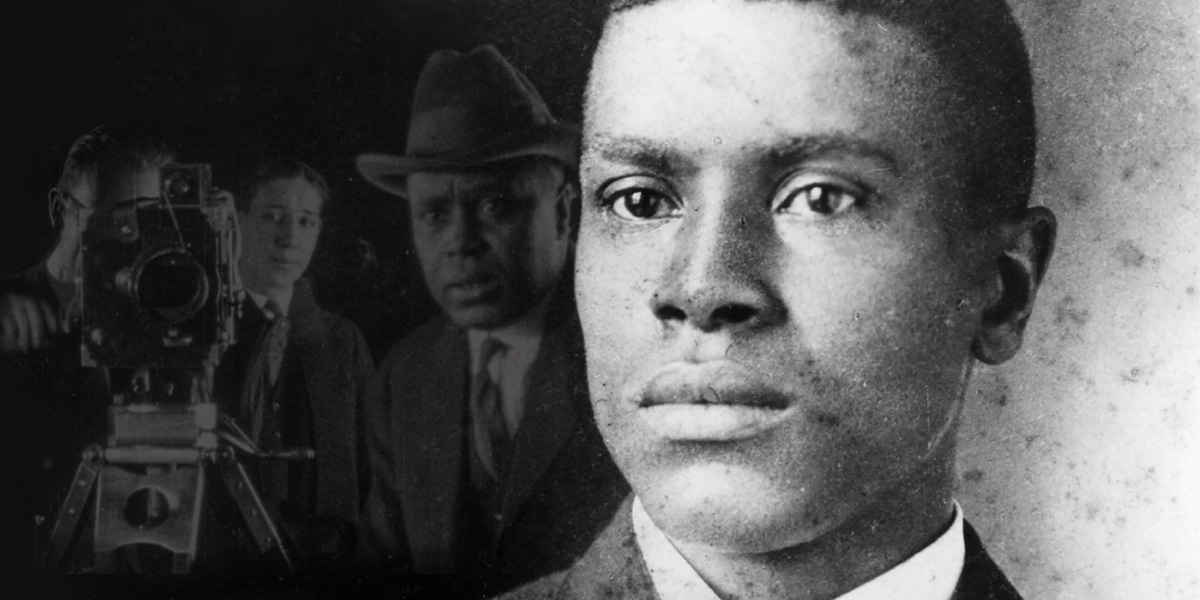
Oscar Devereaux Micheaux, born on January 2, 1884, in Metropolis, Illinois, is often celebrated as the first major Black-American filmmaker. His journey from a farm in Illinois to becoming a prolific director, producer, and author is a testament to his resilience and vision.
Early Life and Challenges
Oscar Micheaux, one of thirteen siblings born to parents who were former slaves, faced significant financial hardships during his early years. Driven by a desire for better prospects, he relocated to Chicago at the age of 17. There, he undertook various jobs, including the esteemed role of a Pullman porter, a position highly regarded within the Black-American community at the time.

Prior to him becoming a filmmaker, Oscar Micheaux established himself as an author. His experiences as a homesteader in South Dakota served as the inspiration for his debut novel, “The Homesteader” (1917). This literary work became the cornerstone of his transition into the film industry. When a Black-American film company expressed interest in acquiring the movie rights, Micheaux chose to produce the film independently, thus commencing his distinguished career in cinema.

Filmmaking Career
From 1919 to 1948, Oscar Micheaux wrote, produced, directed, and distributed more than 44 films, significantly advancing the genre of “race films,” which were created specifically for Black-American audiences. His works frequently addressed complex themes such as racial prejudice, interracial relationships, and the Black-American experience, providing a powerful counter-narrative to the stereotypes commonly portrayed by Hollywood.
Most Influential Films
- “Within Our Gates” (1920): This film addressed the racial violence and injustices faced by African Americans, serving as a direct response to D.W. Griffith’s controversial “The Birth of a Nation.”
- “The Exile” (1931): Micheaux’s first sound film, which explored themes of interracial romance.
- “God’s Step Children” (1937): A poignant examination of colorism within the Black-American community.
Legacy and Impact
Despite working with limited budgets and facing numerous obstacles, Micheaux’s films were groundbreaking. They provided a platform for Black-American actors and addressed issues that were often ignored by mainstream cinema. His work paved the way for future generations of filmmakers and remains a significant part of American film history.
Oscar Micheaux passed away on March 25, 1951, yet his legacy remains vibrant. He is celebrated not only for his significant contributions to cinema but also for his steadfast dedication to portraying genuine Black-American narratives. Micheaux’s pioneering work laid the groundwork for future generations of filmmakers, inspiring many, including notable directors like Spike Lee, who have acknowledged his profound impact on their career.






